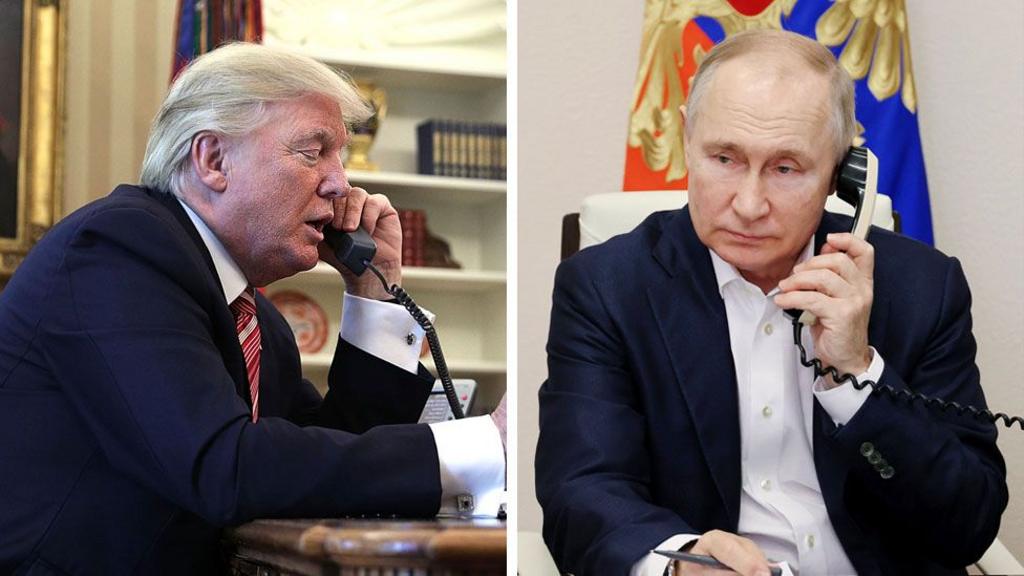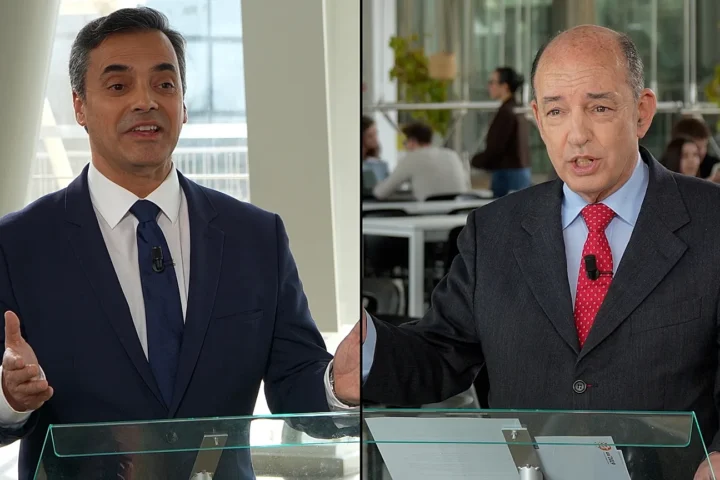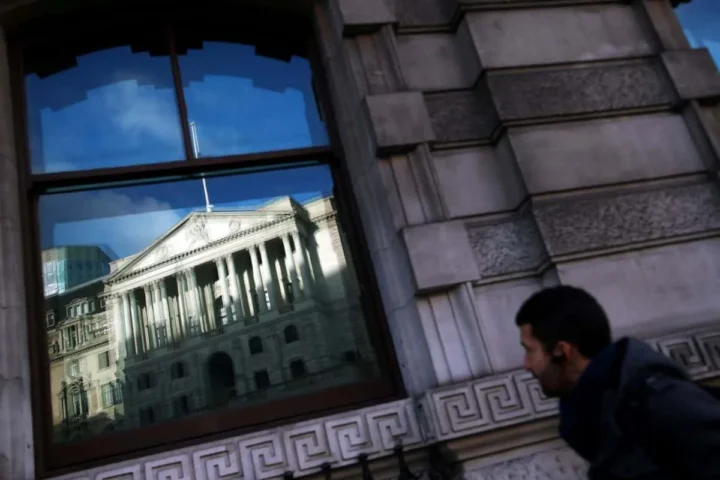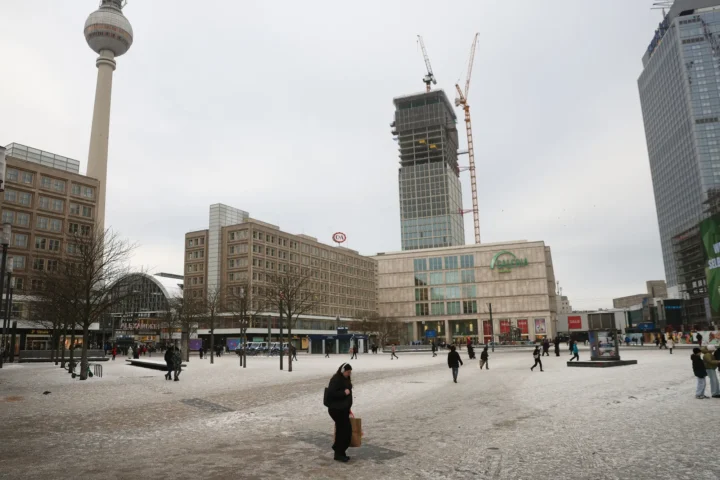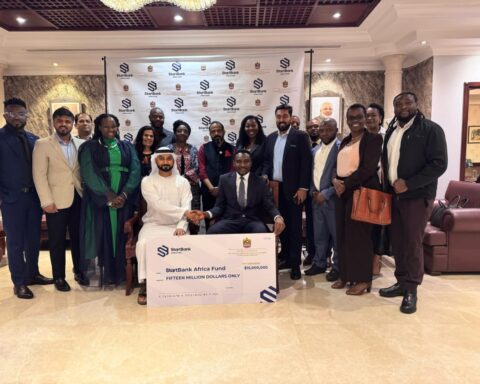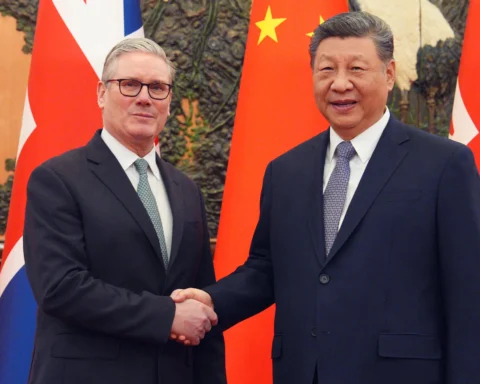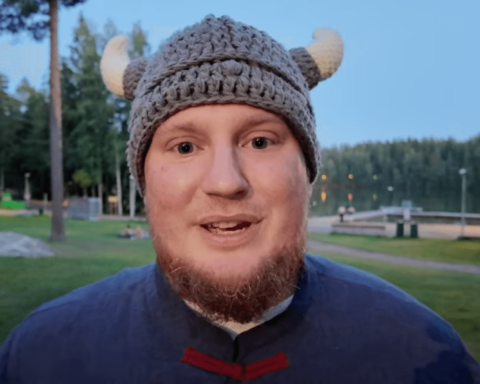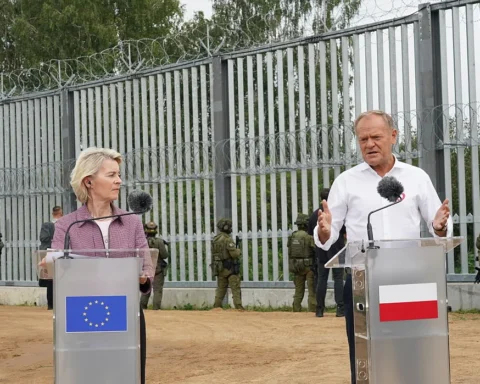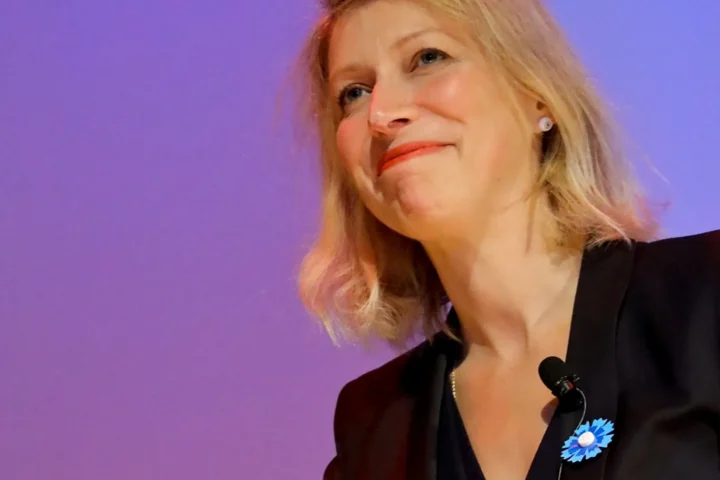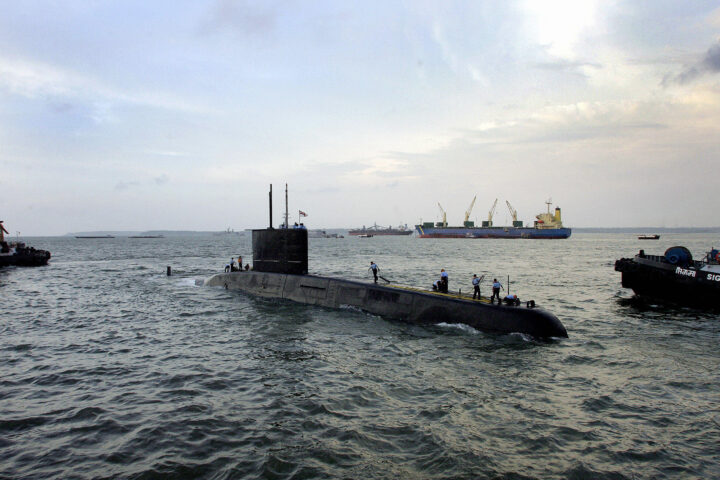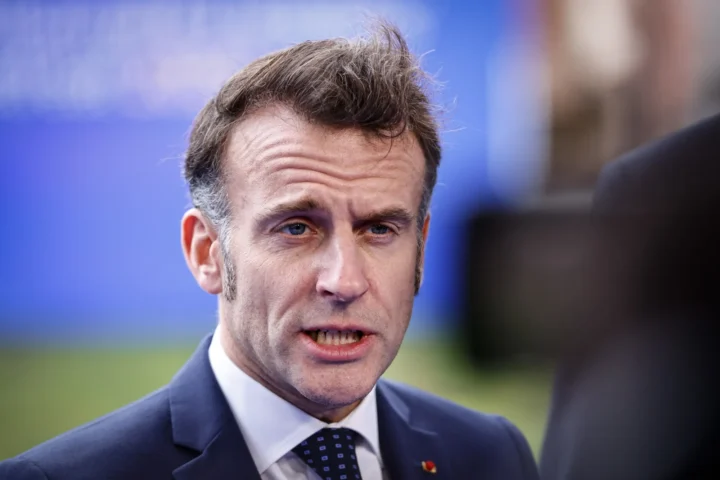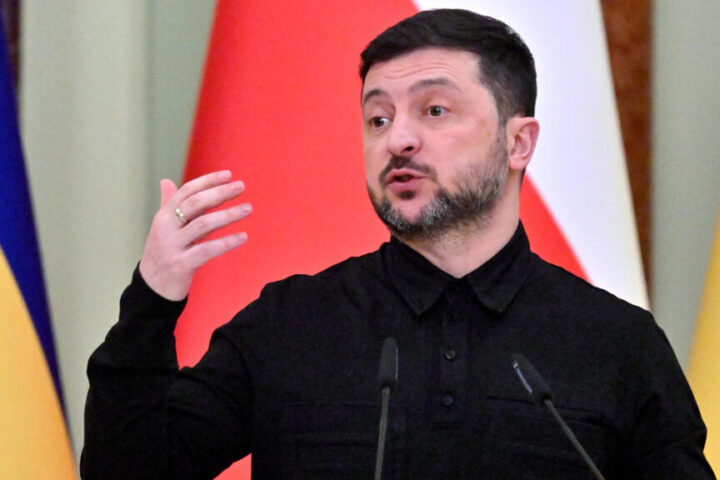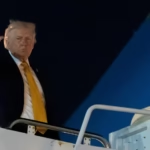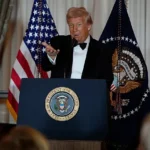U.S. President Donald Trump has announced plans to meet Russian President Vladimir Putin in Hungary in an attempt to “start the process of peace” in Ukraine. The statement, delivered during a campaign-style interview, has already triggered a heated international reaction, raising questions about U.S. foreign policy, diplomacy outside official channels, and the future of the Ukraine-Russia conflict.
Trump did not specify a date but said Hungarian Prime Minister Viktor Orbán—widely seen as the closest European ally to Putin—would host the talks in Budapest. The move is being presented by Trump as a personal peace initiative, but critics argue it undermines official U.S. diplomatic efforts and could weaken Western unity.
A Surprise Diplomatic Move
Trump stated:
“I will meet with President Putin in Hungary very soon. We need to stop the killing. This war should never have started, and it must end.”
His remarks suggest a direct negotiation approach, bypassing both current U.S. President Joe Biden’s administration and NATO diplomatic channels. The White House has not yet confirmed any awareness or authorization of Trump’s initiative, and legal experts note that private diplomacy by a former president may raise concerns under the Logan Act, which prohibits unauthorized negotiations with foreign governments.
Why Hungary?
Hungary has become an increasingly controversial member of NATO and the European Union due to Orbán’s pro-Russia stance. Budapest has:
- Delayed EU sanctions against Russia
- Blocked or vetoed Ukraine-related aid packages
- Maintained energy ties with Moscow
- Repeatedly called for peace negotiations rather than military escalation
Orbán has visited Moscow since the war began, despite EU criticism, and recently met Trump in Florida. The planned Budapest meeting signals a growing geopolitical axis involving Trump, Putin, and Orbán—one that could challenge existing Western policy frameworks.
Reaction from Ukraine
Ukrainian officials responded cautiously but firmly to Trump’s announcement. While President Volodymyr Zelenskyy has said he is open to peace initiatives, he emphasized that Ukraine will not accept territorial concessions or a deal that rewards Russian aggression.
Ukrainian Foreign Ministry sources said they were not informed of Trump’s plans and warned against any agreement that bypasses Kyiv:
“No peace agreement can be made about Ukraine without Ukraine.”
Zelenskyy has previously said he would meet Trump personally to explain the realities of the war before any negotiation with Russia is attempted.
Kremlin Response
The Kremlin welcomed Trump’s comments, saying Russia is “always open to dialogue,” but added that negotiations must reflect the current battlefield reality, meaning Russia is unlikely to retreat from occupied territories without major concessions.
Russian state media has already framed Trump’s proposal as evidence that “Western unity is collapsing” and that Trump represents a return to what Moscow considers a more pragmatic U.S. foreign policy.
NATO and European Concerns
Trump’s announcement has alarmed several European governments, particularly frontline NATO countries such as Poland, Lithuania, and Estonia. Many fear a peace deal led by Trump could:
- Freeze the conflict along current front lines
- Leave Russia in control of significant Ukrainian territory
- Undermine NATO credibility
- Set a dangerous precedent for future territorial aggression
European Union foreign policy chief Josep Borrell criticized the idea of a separate negotiation track:
“Any settlement must be based on international law and Ukrainian sovereignty, not power politics.”
U.S. Political Context
The announcement also has significant implications inside the United States. Trump has promised to “end the war in 24 hours” if elected and has criticized the Biden administration’s continued military support for Ukraine. His Budapest plan appears to be a strategic move aimed at reinforcing his foreign policy credentials ahead of the 2024 election.
However, U.S. legal scholars warn of potential liability if Trump acts as an unofficial negotiator while President Biden remains in office. Congress is also likely to scrutinize any talks that could reverse bipartisan commitments to Ukraine.
A Preview of Trump’s Foreign Policy Doctrine?
Trump’s planned meeting with Putin represents a clear shift away from traditional U.S. foreign policy. His approach emphasizes personal diplomacy, strategic deals, and reduced military involvement abroad. Supporters argue that Trump may achieve what current Western diplomacy has failed to accomplish: stopping the war. Critics, however, warn that he could reward Russian aggression and weaken global democratic alliances.
What Happens Next?
The Budapest meeting, if it occurs, could reshape the trajectory of the Ukraine war and redefine global geopolitics. Key questions remain:
| Question | Current Status |
|---|---|
| Will the U.S. government approve the talks? | Uncertain |
| Will Zelenskyy be included? | Unlikely |
| What does Putin want? | Sanctions relief & territory recognition |
| Can Trump pressure Ukraine to compromise? | Potentially |
| Will peace come at the cost of Ukrainian sovereignty? | Major risk |
Conclusion
Trump’s announcement of a potential peace summit with Vladimir Putin in Hungary introduces a dramatic new twist in the Ukraine conflict. Although framed as a humanitarian effort to “stop the killing,” the geopolitical implications are far-reaching. Whether this becomes a historic diplomatic breakthrough or controversial political maneuver will depend on the details that follow—details that remain, for now, largely unknown.
